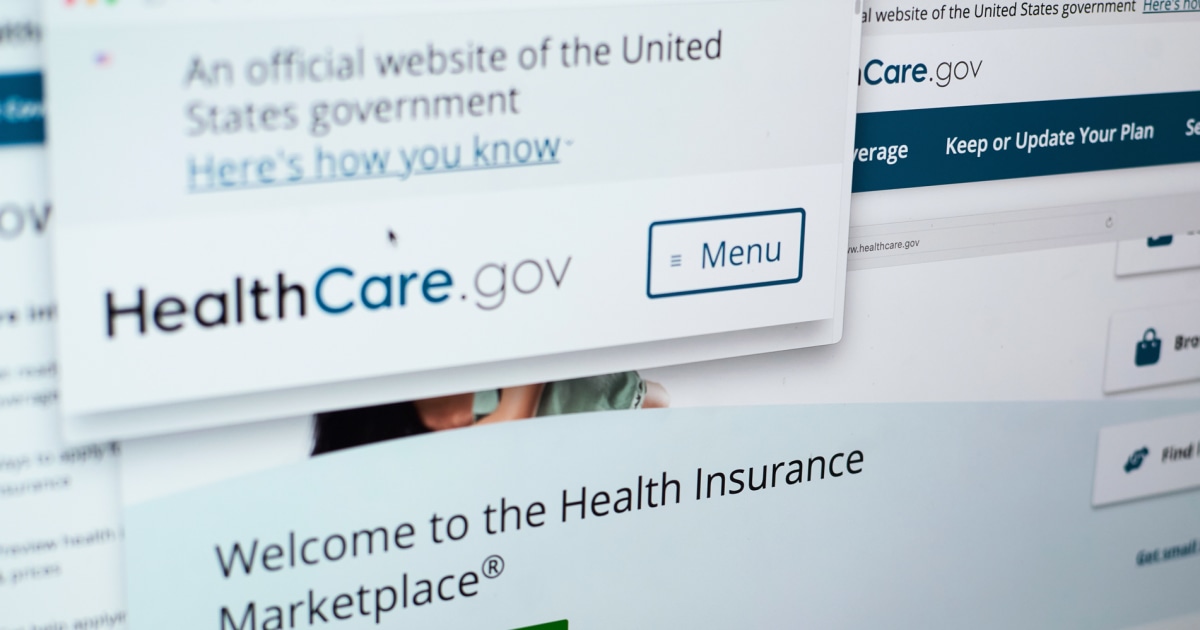
Life & Health
By
David Saric
Some may think of health insurance fraud as a victimless crime, but it is hitting Americans where it hurts: their wallets and their quality of care.
That is according to Karen Weintraub (pictured), president of Healthcare Fraud Shield.
“If you look online, especially from government reporting from Medicare and Medicaid, [health insurance fraud] is over $100 billion, but if you start to incorporate commercial data, you’re probably looking at way over $200 billion in potential fraud, waste and abuse,” Weintraub said.
Bad actors involved in health insurance fraud may use the proceeds to splurge on bigger houses, planes and other luxuries. Meanwhile, their fraudulent gains translate to “greater premiums for other people”, Weintraub said.
Health insurance fraud can also put patient quality of care in jeopardy.
“They’re treating a patient for something that they don’t need, and can actually be harming them,” Weintraub said. “In the news, there was a hematologist/oncologist named Farid Fata who was treating patients as if they had cancer and actually giving them chemotherapy and causing a whole host of problems.”
In 2015, Detroit-area MD Fata was sentenced to 45 years in prison for his role in a healthcare fraud scheme that included administering medically unnecessary infusions or injections to 553 individual patients and submitting to Medicare and private insurance companies to the tune of $34 million in fraudulent claims.
In an interview with Insurance Business, Weintraub spoke about how the adoption and use of AI can contribute to health insurance fraud and, conversely, how this technology can also solve the historical problem of detecting fraud, waste and abuse if implemented correctly.
How providers can use AI to commit health insurance fraud
AI hype has labeled it a transformative tool that can streamline and augment a company’s internal and external operations, but it could also serve as an insurance fraudster’s ally.
“From a provider perspective, I see more [use of AI] – they’re potentially using AI to generate medical records, which makes it more of a challenge for those of us who analyze data and review medical records to determine whether services are appropriate,” Weintraub said. “Now we are looking at AI to detect AI.”
One of the main concerns with adopting AI or other generative language models like ChatGPT is the need for more scrutiny towards data hygiene and making sure the information that is inputted and extracted from these technologies is correct.
“Generative AI would be what providers are using to generate content in their medical records – there’s pros and cons to that it can certainly be a time saver, but it’s yet to be proven to be fully accurate,” Weintraub said. “Not only is it generating records that may or may not represent actual services that are rendered, but it may be completely fabricating things, resulting in what is called ‘hallucinations.’”
How AI can be used as a tool to catch health insurance fraud
AI poses a threat and a challenge, but it also offers potential benefits.
“I’ve seen a lot of healthcare vendors come and go,” Weintraub said. “Analytics is great technology but really having a deep understanding of the complexities and the nuances of healthcare varies by payer, state, line of business, and product type such as Medicare versus Medicaid versus commercial, and within commercial plans, there’s so many different variations and coverages, there’s no consistency.”
AI that has the ability to take these data nuances and analyze it at a much larger scale is how AI could prove very helpful by taking all these complexities and figuring out things that the human eye wouldn’t necessarily be able to pinpoint.
“The human eye can look at the output of the AI, and know whether that makes sense or not,” Weintraub said. “If the data is not right, then the AI output isn’t not right – you’ve got to know that, and if some clients have unclean data, that’s going to impact the results of any analytics, not just AI.”
Weintraub is optimistic that AI can still be a huge help if it is approached with caution and scrutiny.
“With the use of our own AI to help detect data nuances and potential fraud, we found things that our traditional targeted analytics haven’t identified, Weintraub said. “It can definitely find pockets of things that are emerging, or things that we’re just not aware of,” she added.
Weintraub has increasingly seen different companies develop AI governance committees to make sure data is used ethically, responsibly and appropriately.
“I think you’re going to start to see a little bit more scrutiny, not just within payer organizations and insurance companies, but within the vendors that they use as well,” she said.
Do you think AI can be used to help health insurance fraud? Sound off in the comments.
Related Stories
Keep up with the latest news and events
Join our mailing list, it’s free!

link





